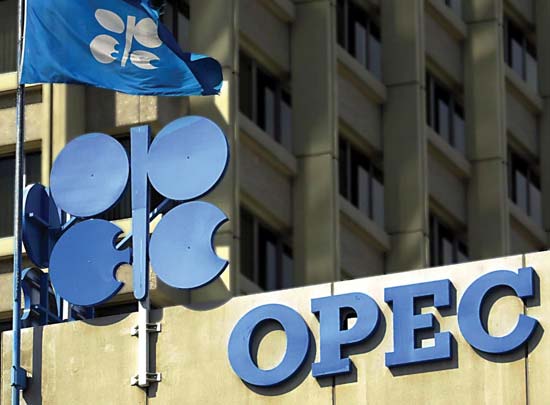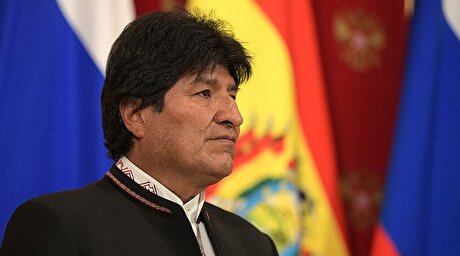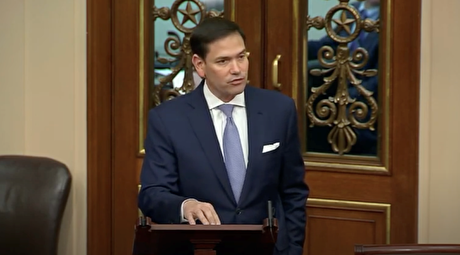
OPEC Output Falls From Record High

The decline, the first since May according to Reuters surveys, occurred despite higher exports from second-largest OPEC producer Iraq and a further upward trend in Libyan output.
Supply from OPEC in December fell to 34.18 million barrels per day from a revised 34.38 million bpd in November, according to the survey based on shipping data and information from industry sources.

Oil hit an 18-month high of $58.37 a barrel on Tuesday, boosted by an OPEC agreement to lower supply from Jan. 1. The supportive impact of the agreement on prices may not occur straight away, an analyst at SEB said.
"We are not necessarily set for an immediate price take-off. One problem is the very high OPEC production in fourth-quarter 2016," said Bjarne Schieldrop, chief commodities analyst at SEB. "The still-rising crude oil production in Libya is also creating concerns that OPEC's cuts might be less effective."
Based on the December survey, OPEC is pumping 1.68 million bpd above the 32.50 million bpd production target that it agreed on Nov. 30 to adopt from Jan. 1 in its first supply cut decision in eight years.
OPEC output started to climb following its decision in late 2014 to retain market share rather than cut supply to prop up prices. Saudi Arabia, Iraq and Iran all pumped more and production also increased due to the return of Indonesia in 2015 and Gabon in July 2016 as OPEC members.
In December, the biggest reduction came from Nigeria, although not as a result of deliberate cuts to boost prices.


Codelco seeks restart at Chilean copper mine after collapse

Uzbek gold miner said to eye $20 billion value in dual listing

Hudbay snags $600M investment for Arizona copper project

BHP, Vale offer $1.4 billion settlement in UK lawsuit over Brazil dam disaster, FT reports

Peabody–Anglo $3.8B coal deal on the brink after mine fire

A global market based on gold bars shudders on tariff threat

Minera Alamos buys Equinox’s Nevada assets for $115M

SSR Mining soars on Q2 earnings beat

Century Aluminum to invest $50M in Mt. Holly smelter restart in South Carolina

Cleveland-Cliffs inks multiyear steel pacts with US automakers in tariff aftershock

Bolivia election and lithium: What you need to know

Samarco gets court approval to exit bankruptcy proceedings

US eyes minerals cooperation in province home to Reko Diq

Allegiant Gold soars on 50% financing upsize

Explaining the iron ore grade shift

Metal markets hold steady as Trump-Putin meeting begins

Trump to offer Russia access to minerals for peace in Ukraine

Gemfields sells Fabergé luxury brand for $50 million

Gold price stays flat following July inflation data

Cleveland-Cliffs inks multiyear steel pacts with US automakers in tariff aftershock

Bolivia election and lithium: What you need to know

Samarco gets court approval to exit bankruptcy proceedings

US eyes minerals cooperation in province home to Reko Diq

Allegiant Gold soars on 50% financing upsize

Explaining the iron ore grade shift

Metal markets hold steady as Trump-Putin meeting begins

Trump to offer Russia access to minerals for peace in Ukraine

Gemfields sells Fabergé luxury brand for $50 million














